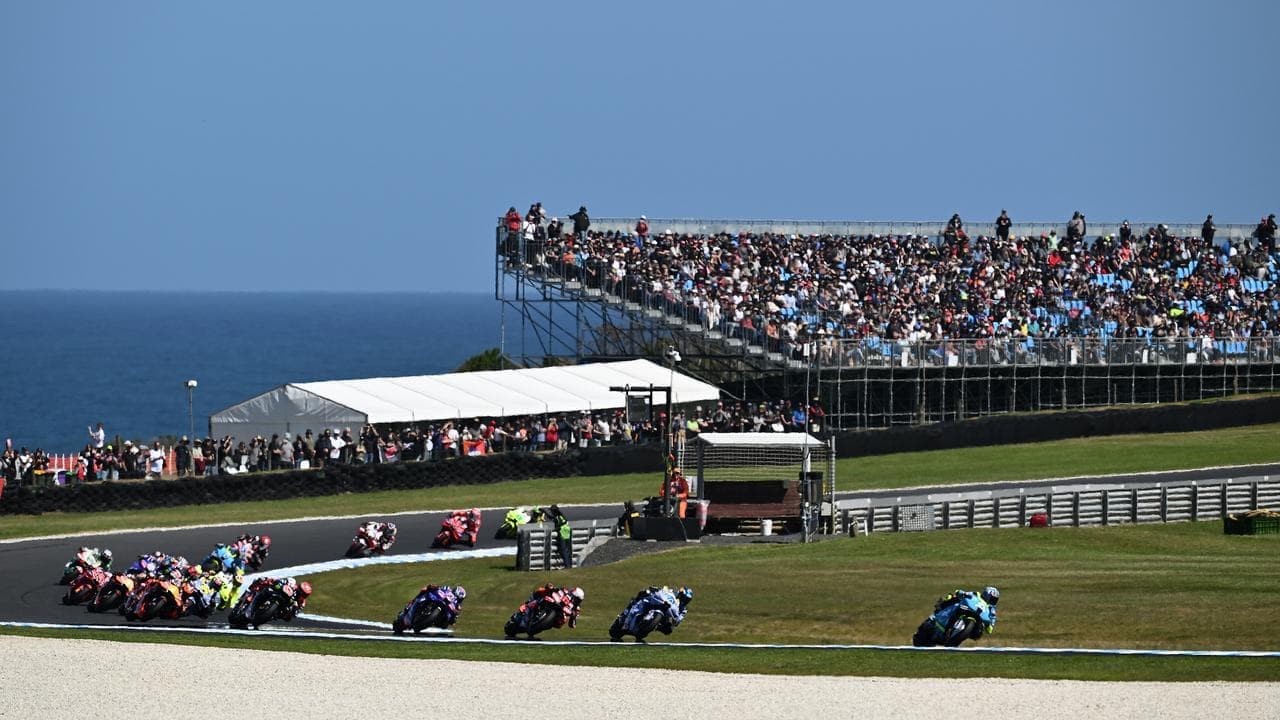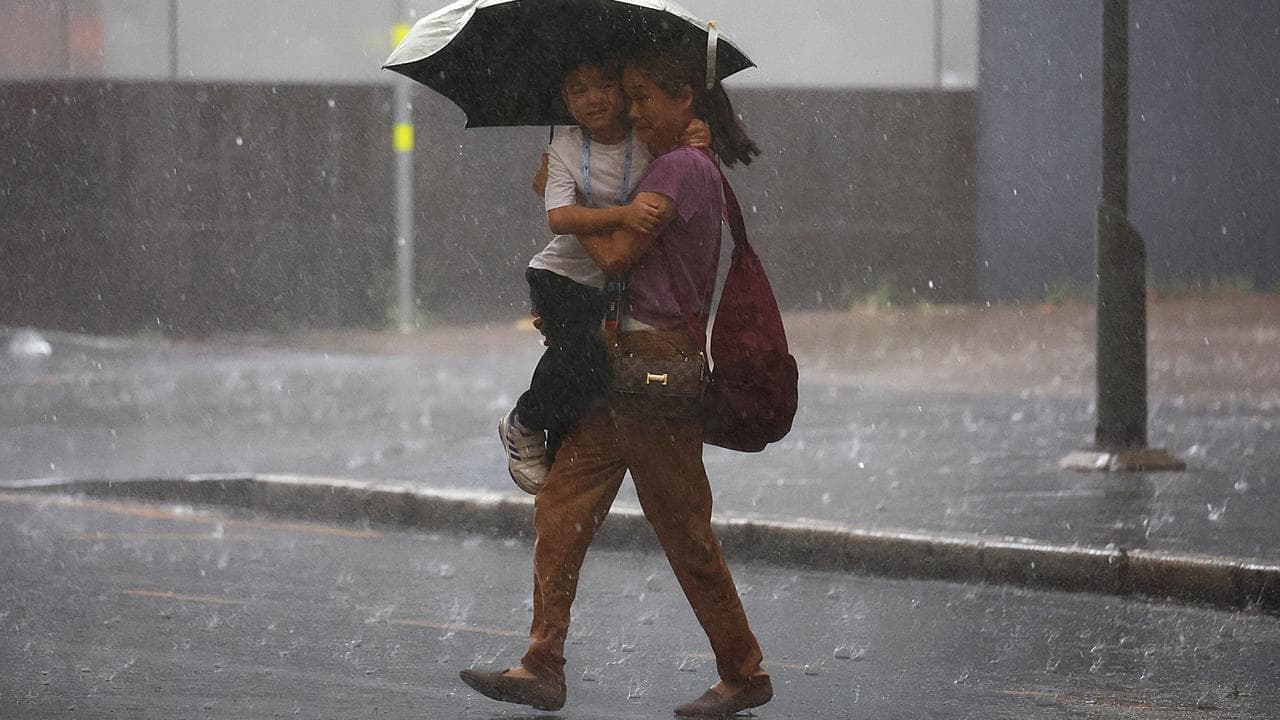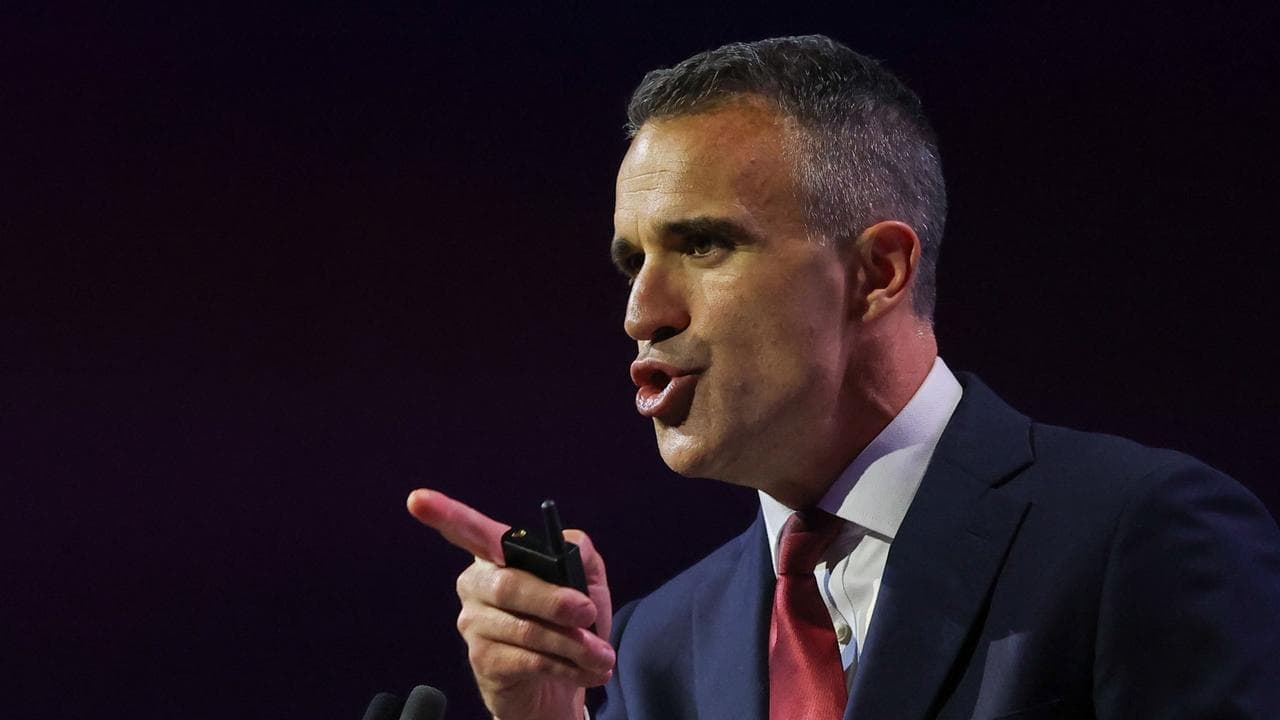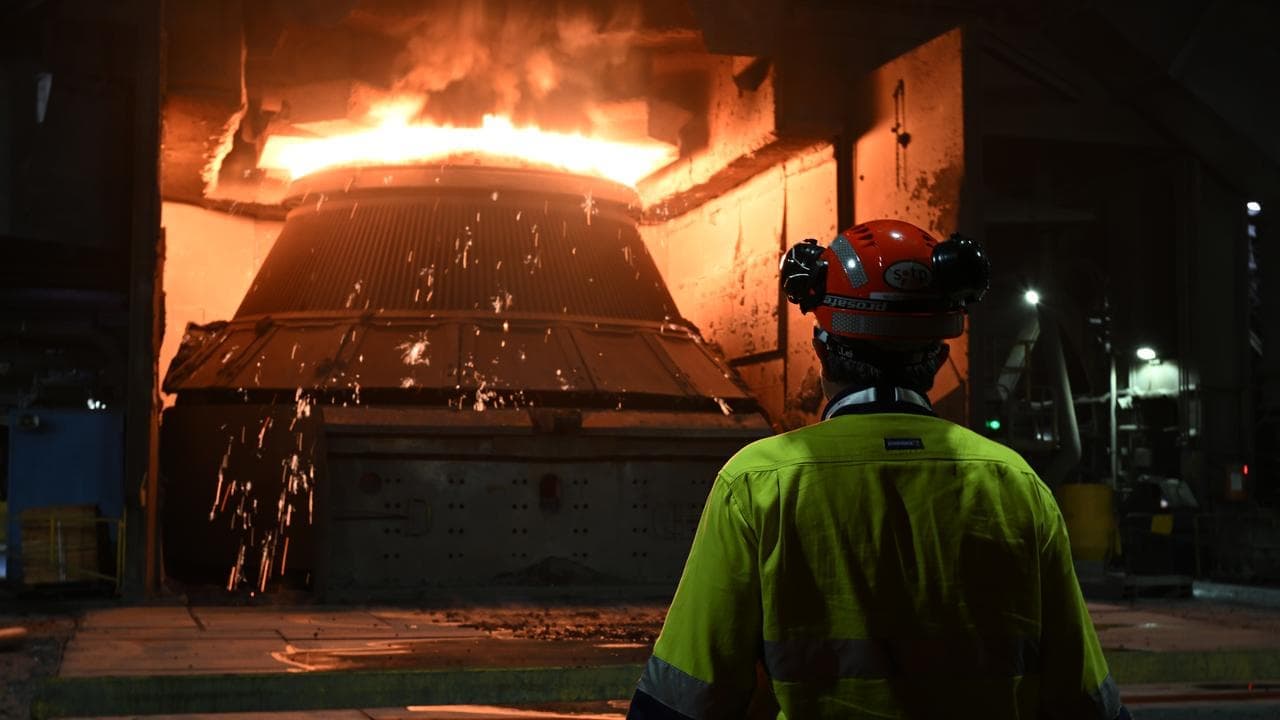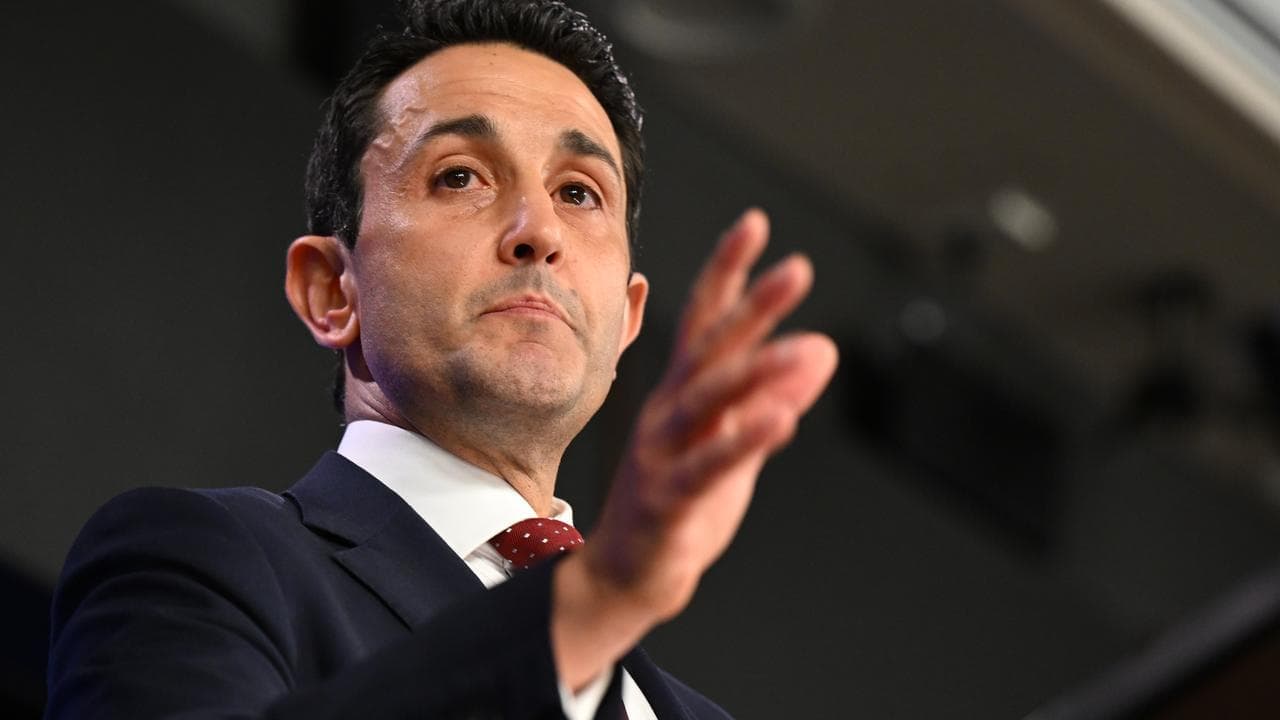WHAT WAS CLAIMED
The ICC has taken no action against Hamas, Iran or Hezbollah.
OUR VERDICT
Misleading. The court has issued an arrest warrant for a Hamas leader and does not have the power to investigate Iran or Hezbollah.
AAP FACTCHECK - A misleading claim that the International Criminal Court is pursuing Israel while turning a blind eye to Hamas, Iran and Hezbollah is spreading on social media.
The ICC has issued a warrant for a Hamas military commander, but it can't investigate Iranian and Hezbollah leaders without a direct request from the UN Security Council.
The ICC issued arrest warrants for Israeli Prime Minister Benjamin Netanyahu and former defence minister Yoav Gallant on November 21.
The claim is in a Facebook post sharing a screenshot of a news article about the ICC warrants.
"The hypocrisy! What action have they taken against Iran Hezbollah Hamas for starting the conflict? ZERO! ICC is a lynch mob with no credibility," the caption said.

The ICC is an international court set up to investigate and prosecute individuals for the most serious crimes, including genocide, crimes against humanity, war crimes and crimes of aggression.
However, the court only has jurisdiction over countries that have fully ratified the Rome Statue that set up the court.
That means the ICC can only exercise its jurisdiction for crimes committed in a member state or by nationals from a member state.
The State of Palestine is an ICC member, whereas Israel, Iran and Lebanon, where Hezbollah is based, are not.
The court launched an investigation into the situation in the State of Palestine in 2021 after a self-referral from Palestine.
Referrals from other member states came after Hamas attacked Israel on October 7, 2023, and Israel's subsequent assault on Gaza.
"The ICC has jurisdiction over crimes committed by Palestinians (including in Israel) or on the territories of the State of Palestine (even by citizens of States not party to the ICC Rome Statute)," the Office of the ICC Prosecutor told AAP FactCheck.

The ICC submitted applications to its judges in May 2024 to approve arrest warrants for several individuals involved in the Israel-Hamas conflict.
The applications were for Netanyahu and Gallant for alleged crimes in Palestine, and for Hamas leaders Yahya Sinwar, Ismail Haniyeh and Mohammed Deif for alleged crimes relating to the October 7 attacks in Israel.
The court withdrew the applications relating to Sinwar and Haniyeh following their deaths.
Israel said it killed Deif in an airstrike in July, however Hamas is yet to formally confirm or deny his death.
The ICC said it wasn't in a position to determine whether Deif is dead, so it did not withdraw the application.
On November 21, the ICC judges approved the remaining warrants for Deif, Netanyahu and Gallant.
No warrants have been issued for Hezbollah members or Iranian officials.
Experts said that's because the court does not have jurisdiction over non-member states such as Lebanon and Iran.
The court also has no jurisdiction over alleged crimes in Israel, which is not an ICC member.
Donald Rothwell, a Professor of International Law at the Australian National University, said the court is effectively "legally barred" from investigating conflicts in and between non-member states.

Prof Rothwell said the only "very technical workaround" is that the UN Security Council (UNSC) can direct the ICC to undertake investigations.
"This has been rarely used and given the deadlock that exists within the Security Council in so many matters at the moment, it's most unlikely that it would be used in this particular situation," he told AAP Factcheck.
The UNSC has only asked the ICC to probe two situations involving non-member states since its 2002 establishment: Sudan in 2005 and Libya in 2011.
Emily Crawford, a law professor at the University of Sydney, said it was unlikely to occur with Lebanon or Iran because UNSC member China, which is not an ICC party, tended to veto actions it believed infringed on state sovereignty.
"China would probably veto, and there's a reasonable chance Russia could veto as well. They could decide that this is not, it's not in their geopolitical interests," she told AAP FactCheck.
Monique Cormier, a senior law lecturer at Monash University, also said the UNSC would not refer the situation involving Israel, Hezbollah and Iran to the court.
"Russia and/or the US would veto any referral," she told AAP FactCheck.
The Verdict
Misleading – The claim is accurate in parts but information has also been presented incorrectly, out of context or omitted.
AAP FactCheck is an accredited member of the International Fact-Checking Network. To keep up with our latest fact checks, follow us on Facebook, Twitter and Instagram.







